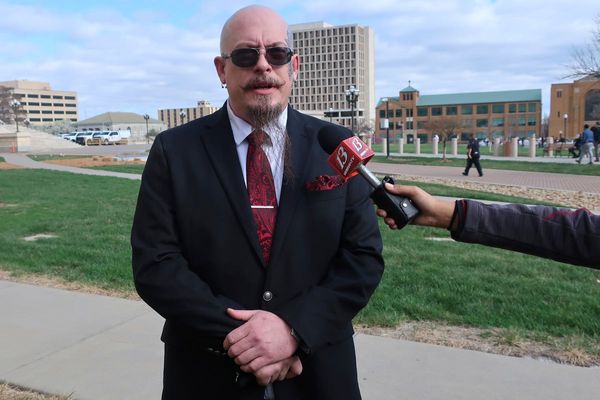Assured of another five years in the Élysée after beating his far-right rival, Marine Le Pen, on Sunday, Emmanuel Macron faces a second term at least as challenging as his first, if not more so. Here we look at some of the key challenges and priorities of the re-elected president:
Securing a majority and appointing a government
Parliamentary elections in France take place on 12 and 19 June, with Macron’s La République en Marche (LaREM) and its allies needing a majority of 289 MPs in the 577-seat lower house.
The first round of the presidential poll produced the near-collapse of France’s parties of government, with the rightwing Les Républicains and the Socialists each scoring less than 5%, and the emergence of three equal blocs: the radical left, Macron’s diverse centre, and the far right.
Without a majority, a French president’s room for manoeuvre is significantly reduced, and even if the first-round voting pattern does not repeat itself in the parliamentary poll, Macron will need outside support. Some will doubtless come from the moderate wing of Les Républicains.
Macron has said his government will be open to “anyone who supports his project”, but negotiations will be tough. He has also said the environment will be central to his second term and his new prime minister will be tasked with with “ecological planning”.
Cost of living crisis
Data suggests only the poorest 5% are worse off than they were five years ago, but following a sustained squeeze large numbers of voters said they had trouble making ends meet and the cost of living became the key issue of the campaign.
Macron has said he will maintain price caps on gas and electricity and a government rebate on fuel prices at the pumps if energy costs continue to rise. He has also outlined further measures including greater support for the low-paid and self-employed.
Pensions, schools, healthcare, crime
Macron has promised the unpopular pension reforms he failed to implement in his first mandate – aising the retirement age progressively to 65 by 2031 except for those in hard physical jobs – will be in place by autumn.
He aims to launch an initial consultation with unions and employers before the summer and has promised not to push through the plans by presidential decree, but will not drop them, saying they are economically essential and were in his manifesto. Street protests are highly likely.
He is due to launch early consultations on reforms to France’s centralised education system, introducing further autonomy for schools and universities, and healthcare regime, aiming in particular to improve provision in rural areas. He has also pledged to recruit more police, magistrates and judicial support workers.
International affairs
France’s six-month presidency of the EU – with its priorities of securing the bloc’s external borders and controlling clandestine migration, deepening defence cooperation and developing a European economic “growth model” based on hi-tech investment – still has more than two months to run.
Russia’s war on Ukraine is still raging and a crucial Nato summit is scheduled for June. Macron, the EU’s most visible leader, has since his 2017 election demonstrated his wish to be an outspoken defender of western values with a clear desire to shape world events; that will not change.
Reconnecting with voters
A major underlying challenge for Macron reflects the fact that while both contenders had their supporters, a significant percentage of ballots cast in France’s 2022 presidential election were votes of rejection. The number of spoiled votes, and the abstention rate, were also alarmingly high.
He may have been reelected, but about two-thirds of the electorate do not much like Macron. If an even more traumatic race is to be avoided in 2027, the president has acknowledged he must prioritise rebuilding ties with those who stayed away, or lent him their vote solely to block Le Pen. He has promised to listen and consult more. He will have to.







